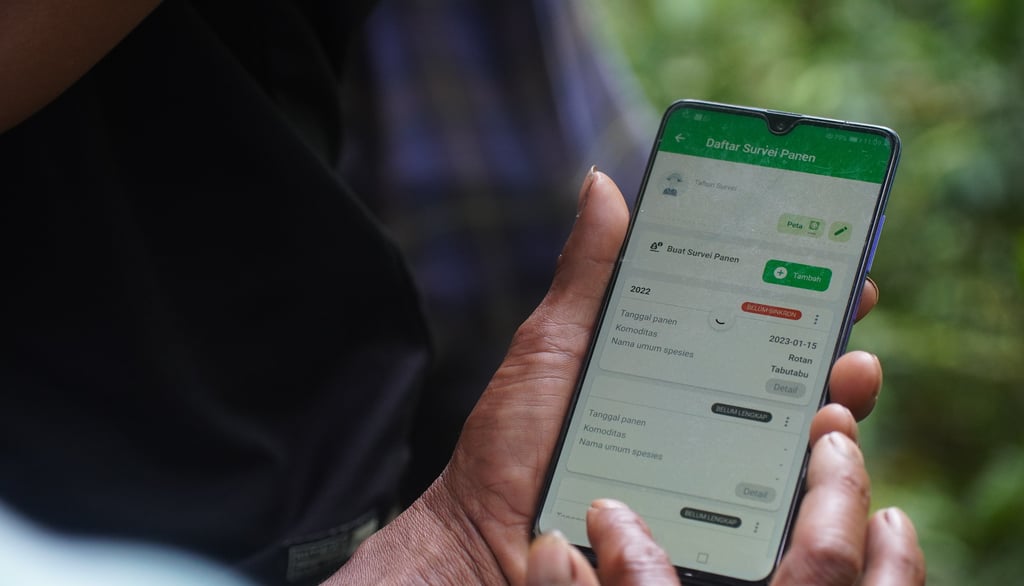Ensuring Legal and Traceable Rattan Sourcing in Indonesia
By implementing a traceability system, we ensure that our supply chain is free from illegal activities. This not only protects the environment but also ensures that our customers receive high-quality, ethically sourced products. Traceability also helps in verifying that all stakeholders in the supply chain adhere to environmental regulations and standards.
7/16/20241 min read


Introduction to Rattan Sourcing Issues
Illegal harvesting and sourcing in Indonesia has been a significant issue for a long time. The demand for rattan, a versatile material used in furniture and handicrafts, has led to unsustainable and unlawful practices that harm both the environment and local communities. Addressing these challenges requires stringent measures to ensure that rattan harvesting is legal, sustainable, and traceable.
Our Commitment to Legal and Sustainable Practices
We are committed to providing certification that proves our rattan resources are legally and sustainably sourced. Our certification process ensures that every piece of rattan we supply can be traced back to its origin. This transparency not only builds trust with our customers but also supports efforts to combat illegal harvesting.
Our certification guarantees that our rattan is harvested in a manner that does not deplete the natural resources. By adhering to sustainable practices, we help preserve the biodiversity of Indonesian forests and contribute to the well-being of local communities who depend on these resources for their livelihood.
The Importance of Traceability
Traceability is a crucial aspect of our certification process. It allows our customers to know exactly where the rattan was harvested and under what conditions. This level of transparency is essential in promoting responsible consumption and supporting legal and ethical trade practices.
By implementing a traceability system, we ensure that our supply chain is free from illegal activities. This not only protects the environment but also ensures that our customers receive high-quality, ethically sourced products. Traceability also helps in verifying that all stakeholders in the supply chain adhere to environmental regulations and standards.
Conclusion
Addressing the issue of illegal rattan harvesting in Indonesia is critical for environmental sustainability and the protection of local communities. Our commitment to providing certified, legal, and traceable rattan resources is a step towards promoting ethical practices in the industry. By choosing our certified rattan, customers can be assured of the legality and sustainability of their purchases, contributing to a healthier planet and supporting responsible trade.

